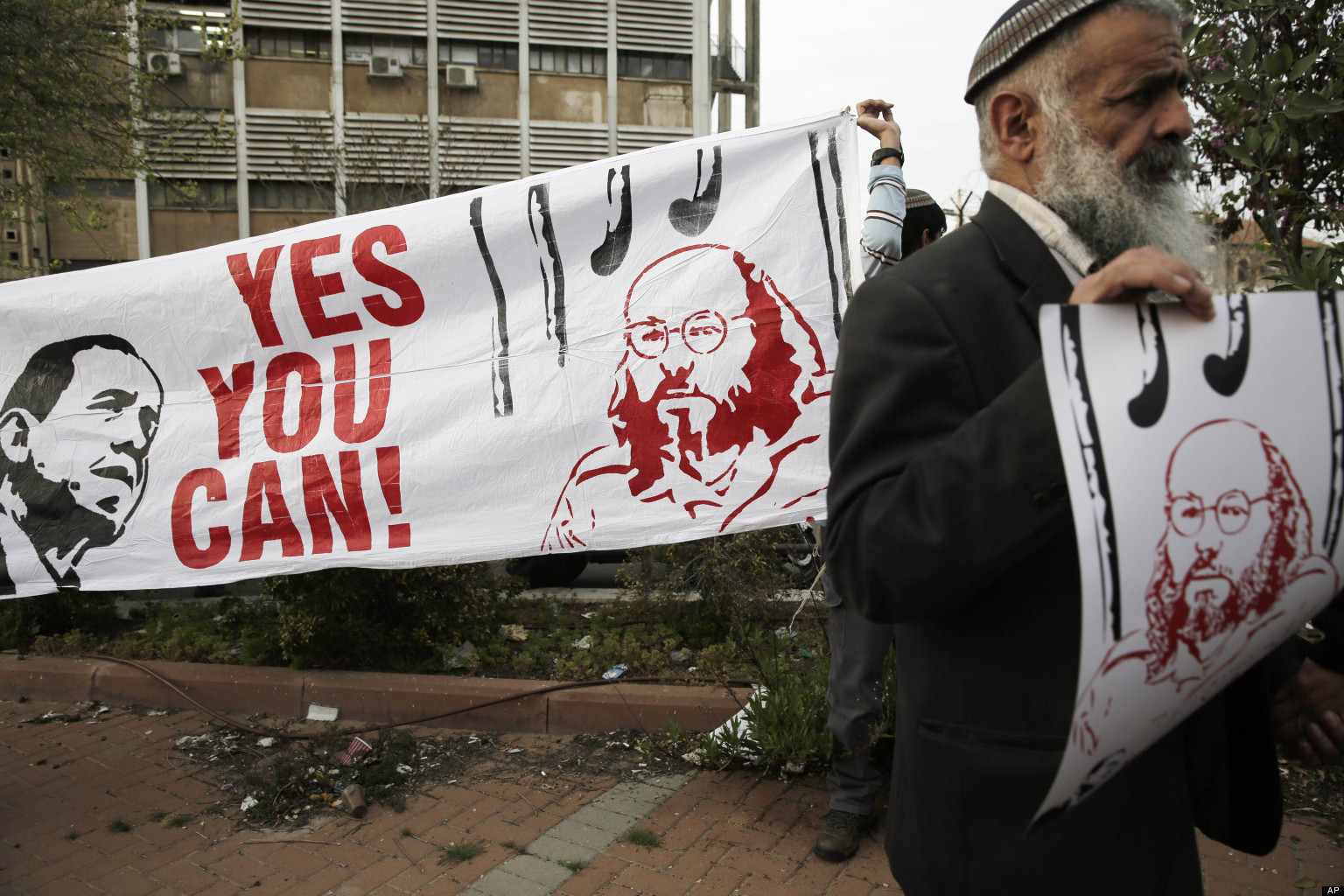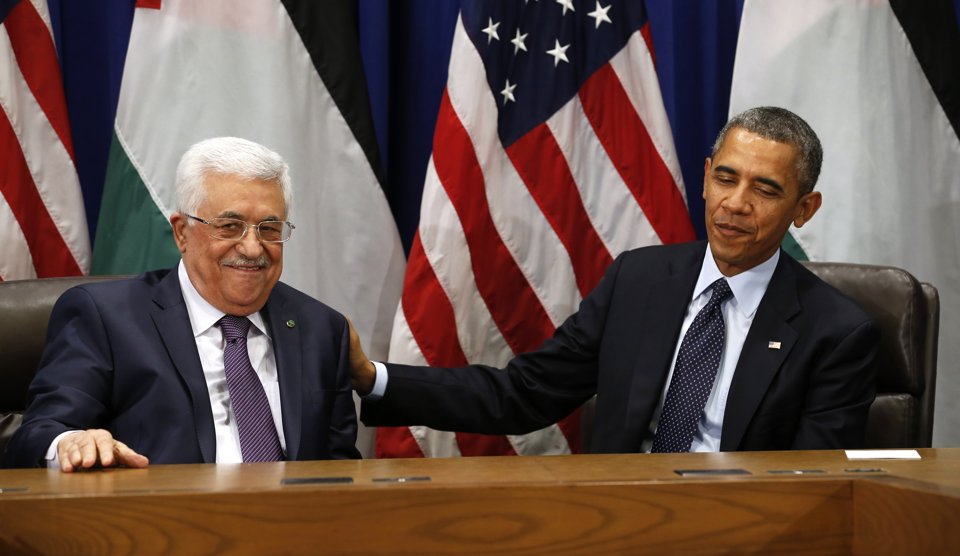Playing the Media
With all the indignation shown over allegations that Israel is causing a humanitarian crisis and exercising “collective punishment” on Gaza’s Palestinians, few have stopped to consider the possibility that this “crisis” has been engineered by Hamas to score a propaganda victory against Israel using the gullible Western media as its vehicle.* This “crisis” has all the markings of a pre-arranged publicity event – skillful manipulation of the Western media, the use of falsehoods and selective information, staged atrocities, and all the other time-honored methods used by unscrupulous propagandists. Since the Palestinians staged the death of the child Mohammed al-Dura in his father’s arms back in September 2000, Palestinian propaganda has not enjoyed such international success as it is enjoying today in Gaza.
Accumulated evidence suggests that Hamas has knowingly diverted gas from Gaza’s domestic generators for the production of its Kassam missiles and has transferred other fuel supplies, electrical power and foodstuffs for its other political and military purposes; and despite the fact that Gaza continues to receive 70% of its electricity supply directly from Israel and another 5 percent from Egypt (none of which is ever acknowledged by the international media), Hamas officials, with great bravado, recently shut down Gaza’s major power plant plunging Gaza City into total darkness. TV reporters and crews were of course on hand to witness “the shutdown” and minutes later, Gazans took to the streets in a pre-arranged candlelight protest march blaming Israel. Does anyone really believe that a power station as large as the one in Gaza keeps only a one-day diesel fuel reserve?”
A top Palestinian Authority official in Ramallah even accused Hamas of ordering bakery owners to keep their businesses closed stating that “there is enough fuel and flour to keep the bakeries in Gaza operating for another two months.” Over and above that, the Israelis recently provided Gaza with five million gallons of industrial fuel for Gaza’s power plant, 125,000 gallons of diesel fuel for Gaza generators, large supplies of cooking gas, fifty trucks of food and medicine and 10,000 head of cattle, coupled with large stocks of poultry, fruits and vegetables – not to mention the millions of dollars provided by the Saudis and other Arabs to Hamas over the past two years – none of which ever seems to reach Gaza’s 1.5 million Palestinians. Hamas also claimed that five people had died at Gaza hospitals because of the Israeli-produced electrical shortage, although Palestinian health officials (speaking on condition of anonymity because they were contradicting the official Hamas line) denied the claim. How is it that there was no electricity for hospitals in Gaza, yet there was more than enough electricity for Hamas’s TV stations?
The fact that Hamas is playing propaganda games with the news media and manufacturing this latest “crisis,” hasn’t stopped the media from parroting the Hamas line. In a not-so-funny re-telling of an old joke, the storyteller asks: “How many Palestinians does it take to screw in a light bulb?” Answer: “None. They’d rather sit in the dark and blame the Jews.” Hamas’s planning for all aspects of this “crisis” was almost impeccable – from the angry Hamas TV announcer shouting that “we are being killed, we are starving” to journalists being invited to cover a Hamas cabinet meeting with candles burning to show the “suffering” caused by the power shortage. Problem is – journalists noted that it was daylight outside and the curtains had been drawn to prevent light from entering the room. The “show” was designed to manipulate the media for political gain. Hamas has obviously concluded that since missile attacks on Israel’s civilian population cannot break Israel’s spirit, perhaps international media pressure can.
The bottom line on all this is that there have been no signs of panic as Gazans have been living with fuel cutbacks, power outages and shortages since Hamas became the sole authority in the area, triggering international sanctions. One would assume that a “humanitarian crisis” would involve at least one victim dying of malnutrition. No one has yet come up with that unfortunate soul.
But there’s another aspect to this situation never discussed. From a legal standpoint, according to the 1949 Geneva Conventions, Israel is morally and legally entitled to embargo supplies to a declared enemy if it chooses to do so – especially an enemy like Hamas whose territory has been designated as “hostile territory” by the Israeli cabinet. Since the year 2000, more than 7,000 missiles and mortars have been fired at Israel by Hamas-affiliated terrorists in Gaza. Consequently, the Israeli government is both within its international rights and arguably obliged by its responsibilities to its citizens to treat Gaza as “hostile territory.” What other targeted nation would allow supplies to cross its borders to a declared enemy sworn to its annihilation?
The unfortunate truth is that the situation in Gaza today has been brewing for years. It is the product of many bad decisions made by the Palestinians – beginning with the election of Hamas and culminating with their choice of terrorism over peace and negotiations with Israel. Hamas is responsible for the firing of thousands of missiles at Israeli population centers as a consequence of which Israel has decided (at long last) to retaliate by reducing fuel supplies and electricity availability to its enemies.
What the international media does not understand (or chooses not to understand) is that playing into Hamas’s hands will lead to a war that will leave the Palestinians in Gaza in a far worse position they claim to be in today. While Hamas maintains that it has to make a “choice” between “cutting off electricity for babies in a maternity ward or heart surgery patients or stop operating rooms”, a better choice would be to end its missile attacks on Israel in which case, no choice would be required at all. Instead, it has chosen to increase the suffering of its own people for propaganda purposes.
For the world to blame Israel for the crisis in Gaza is a classic case of “blame the victim.” In the case of Israel, it seems, even non-violent responses to violent aggression are considered inhumane and unfair. What has Israel done to deserve the “collective punishment” of thousands of missiles reining down on Sderot, Ashkelon and the kibbutzim and small villages in the south of the country? Israel has been under siege from missiles day in and day out ever since it withdrew from Gaza on September 12, 2005 and even prior to that back to 2000. Its citizens have been traumatized by the constant 15-second Red Alert siren warnings and unending missile barrages aimed at its civilian population. What more could the Israelis have done? Thousands left their homes in Gaza, disrupted their lives and livelihoods, uprooted their cemeteries and abandoned the fruits of their labors in the form of lucrative, flourishing greenhouses – all of which were plundered by the Palestinians in less than a month, only to be replaced in Gaza by an Islamist regime dedicated to Israel’s destruction?
It is unfortunate that the Europeans who can find no sympathy whatsoever for the citizens of southern Israel are prepared to unfurl a torrent of criticism for this cynical propaganda ploy. To Israel, causing a civilian casualty is an unintended tragedy; to Hamas, it is a cause for celebration. The world knows this. The sad truth is that even as the people of Gaza pound Israelis with missiles and mortar fire, Israel continues to do more for them than their own Hamas leaders are doing. Israel will certainly make compromises, but it will not commit suicide.
Hamas controls the fate of Gaza, and unfortunately for Gaza’s Palestinians, it was they who voted Hamas into power. If terrorism ceases, life in Gaza will improve. It’s just that simple. Hamas tells the world that it has to make a “choice.” By firing missiles on border-crossings transferring food and medicines into Gaza (knowing that it will force the closure of those crossings) and using UN humanitarian relief convoys to smuggle explosives and weapon materials into Gaza, Hamas appears to have already made its choice.
* Egypt’s recent decision to open the Rafah crossing into its territory from Gaza and allow the immediate flow of hundreds of thousands of Gazans into Egyptian territory may have finally assisted Israel in severing all its ties with Gaza. Opening the border between Gaza and Egypt has always been part of Hamas’ long-term strategy to disconnect Gaza from Israel and connect it to the Arab world. But in so doing, Hamas can no longer claim that it is under siege by Israel. The Egyptians have now proven that, when it comes to providing food, medicines, electricity and the like, they are in a position to act as Gaza’s alternate provider. Such necessities of life can now be routed to Gaza directly from Egypt through the Rafah crossing. Unfortunately, Hamas will bring more than food and medicines into Gaza from Egypt and therein lays the real dilemma for the Israelis.




